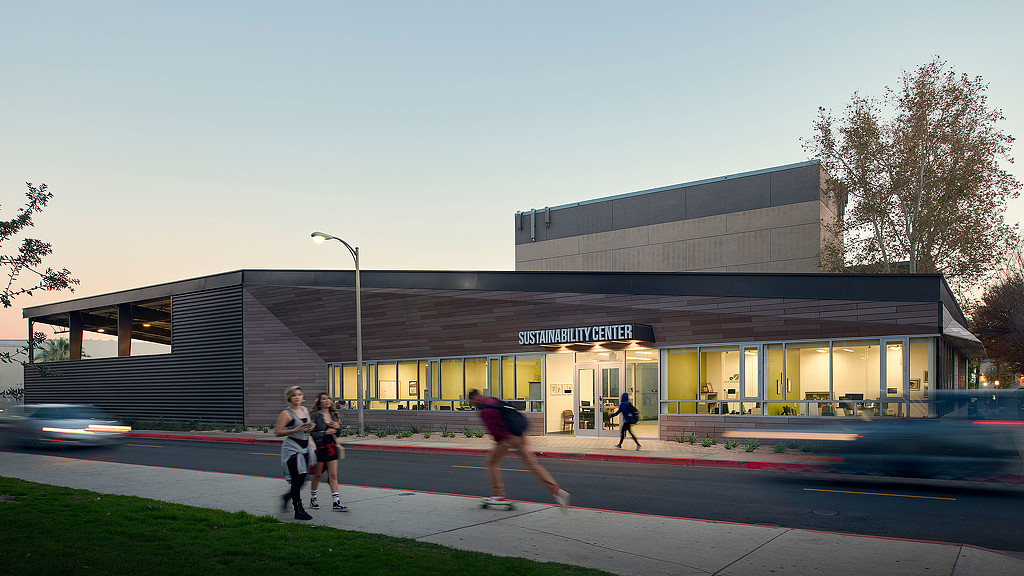April 20, 2022
Gensler Report Finds Most People Feel Unprepared for Climate Change; Identifies a Climate Preparedness Framework for Community Builders
WASHINGTON — A new report from the Gensler Research Institute outlines the principal framework for how communities and cities can be strategically designed to minimize the negative impacts of global climate change and protect their properties from severe weather events.
According to U.S. Climate Action Survey 2022, U.S. adults report that they are currently being negatively impacted by changing weather patterns. 87% report to have been personally impacted by extreme weather events since 2019; however, only 18% believe their communities are built to withstand climate change. The report finds that 62% of U.S. homeowners say they have already experienced disruptions to their daily lives as a result. Of those who have been impacted by extreme weather, 82% are open to making changes to their homes with cost being the biggest barrier to making changes.
The findings of this report serve as a warning to community builders and public officials concerned with the economic development of their communities. By highlighting the importance of climate change and the public sentiment around taking preparedness action, the report has implications for those making investments to attract residents, workers, and employers to their communities. The perception of community viability and transparency about how the built environment is responding could signal a future trend of people actively seeking out communities that are intentionally built to be resilient.
U.S. Climate Action Survey 2022 advances bold interconnected steps for the private real estate sector and public sector leaders to proactively address both climate change mitigation and adaptation:
Environmental Preparedness- Minimizing the amount of new carbon emitted into the environment.
- Reducing the resource needs/impact of new development.
- Investing in natural capital and greening our communities.
- Supporting/preserving local ecologies and resources.
- Business continuity in the face of climate events.
- Incentives or cost recovery vehicles for adaptation/resilience upgrades.
- Prioritizing investments in energy and resource efficiency and adaptation.
- Addressing insurability and long-term value of real estate.
- Promoting cultural resilience and preparedness.
- Creating places that improve human health, well-being, and social connection.
- Creating awareness and optimism in our communities.
- Prioritizing marginalized communities, who are already feeling the most negative impacts from climate change.
- Addressing the impacts of climate change on local and regional identity.
A key theme of the report is the opportunity for developers and planners to incorporate design resilience strategies to minimize the negative consequences of climate change on people and the environment. With increasing scientific studies indicating the more frequent extreme weather events and widespread disruptive changes in weather patterns, U.S. Climate Action Survey 2022 serves as a principal framework for how the real estate industry can make immediate investments to lower its carbon footprint and improve the relevance, insurability, and value of all property types.
The report’s data is based on two online surveys of 2,756 U.S. adults conducted between October 30 to November 1, 2021. The studies were conducted via an anonymous, panel-based survey, with 1820 and 936 respondents respectively. The sample of 936 U.S. adults was selected based on homeownership and experience of disaster-related hardship.
About Gensler
Gensler is a global architecture, design, and planning firm with 53 locations and more than 7,000 professionals networked across the Americas, Europe, Greater China, Asia Pacific, and the Middle East. Founded in 1965, the firm works globally with more than 4,000 clients across 33 practice areas spanning the work, lifestyle, cities, and health sectors. We are guided by our mission to create a better world through the power of design, and the source of our strength is our people. By leveraging our diversity of ideas, our research and innovation, our shared values, and our One-Firm Firm culture, we are working seamlessly as a borderless firm in 140 countries and making the greatest impact on our communities as we continue to tackle the world’s challenges.
About the Gensler Research Institute
The Gensler Research Institute is a collaborative network of researchers focused on a common goal: to generate new knowledge and develop a deeper understanding of the connection between design, business, and the human experience. Through a combination of global and local research grants, and external partnerships, we seek insights focused on solving the world’s most pressing challenges. We are committed to unlocking new solutions and strategies that will define the future of design.
For more information, contact .
